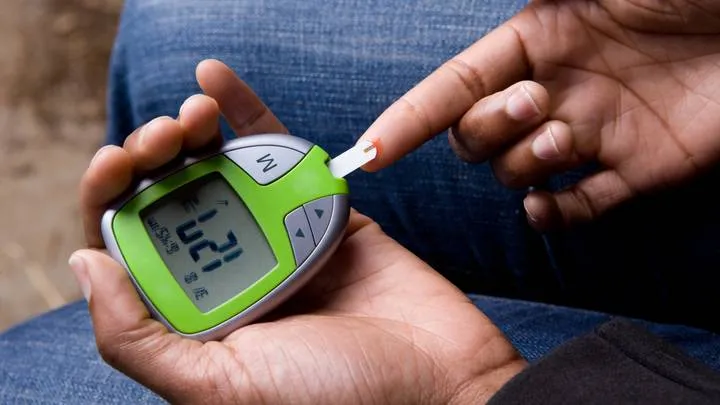Adebayo, wey be teacher wey dey 32 years old for Lagos, tink say na normal sickness e get wen fever and cough catch am.
Dem suppose use antibiotic cure di sickness, but di medicine no work. Within few days, e condition come worse pass as e be before.
Test come show say na one serious disease wey Klebsiella pneumoniae bacteria dey cause e get. Di scary part be say almost no medicine for hospital pharmacy fit fight di sickness.
“I fear well well, no be only because of di sickness, but because di people wey dey treat me no fit help,” Adebayo yarn give TRT Afrika.
“Di medicine wey dem get no dey work for me. Doctors dey waka up and down, and I just dey stuck for one kind wahala wey I no understand.”
Finally, dem save e life with one expensive antibiotic. Na medicine wey only few people for di continent fit get.
Di mata of resistance
Wetin happen to Adebayo show di kind wahala wey dey happen for Africa and other places. One new report from World Health Organization (WHO) talk say one out of six people wey get infection for di world now, di bacteria don dey resist antibiotic, and di problem dey increase by 5-15% every year.
For WHO Africa region, di number worse pass. One out of every five people wey dem confirm say get infection for lab, e body dey resist antibiotic.
Health workers for different countries dey struggle with di result of how people dey misuse antibiotic anyhow, wey dey cause resistance every day.
For Cape Town, South Africa, one nurse, Anathi Bhengu, talk say di problem don dey grow for years.
“We dey face dis kind situation every day. Sickness wey suppose dey easy to treat with medicine don dey turn to life-threatening problem,” Bhengu yarn give TRT Afrika. “After dat, na race against time to find medicine wey go work.”
Di hospital wey Bhengu dey work don put strict antibiotic management program to stop di misuse of di medicine.
“Now, we dey do quick test, focus on medicine wey dey work, and dey educate every patient say antibiotic no dey cure common cold or cough. Di way to solve dis problem na to dey careful and change how we dey use life-saving drugs.”
WHO estimate say antibiotic resistance dey worse for Southeast Asia and Eastern Mediterranean regions, but Africa sef dey face di problem.
Countries wey get overburdened health systems like Nigeria, Democratic Republic of Congo, and Kenya dey vulnerable.
Di reason na because many hospitals no get di capacity to detect resistant bacteria quickly, and di cost of healthcare dey high for di countries.
Infections
Antibiotic resistance dey become big danger if patients no fit use di first-choice drugs for bacteria like E. coli and Klebsiella pneumoniae, wey dey cause serious blood infections.
For Africa, resistance to di first-choice drugs for dis bacteria don pass 70%.
So, how African countries dey take handle dis threat?
Di 2024 UN General Assembly declaration on antimicrobial resistance talk about di “One Health” approach. Dis one mean better collaboration for human health, animal health, and environmental protection.
Member countries don already strengthen dia lab systems and improve monitoring through WHO’s Global Antimicrobial Resistance and Use Surveillance System (GLASS).
Participation for di system don increase four times since 2016. Di goal na make all countries dey report quality data by 2030, so dat treatment guidelines go dey based on local resistance patterns.
“Antimicrobial resistance dey pass di progress wey modern medicine don make, and e dey threaten di health of families everywhere,” WHO Director-General, Dr Tedros Adhanom Ghebreyesus, talk as e emphasize di need for effective antibiotic use, access to medicines and diagnostics, and innovation for new drugs.
For people wey survive like Adebayo, di fear of wetin fit happen next if infection no gree go still dey.
“I be one of di lucky ones, but I dey think of people wey no lucky,” e talk during e chat with TRT Afrika.
“We gatz make sure say antibiotic resistance no turn to epidemic for di next generation. Small sickness or normal illness fit turn to death sentence.”





























